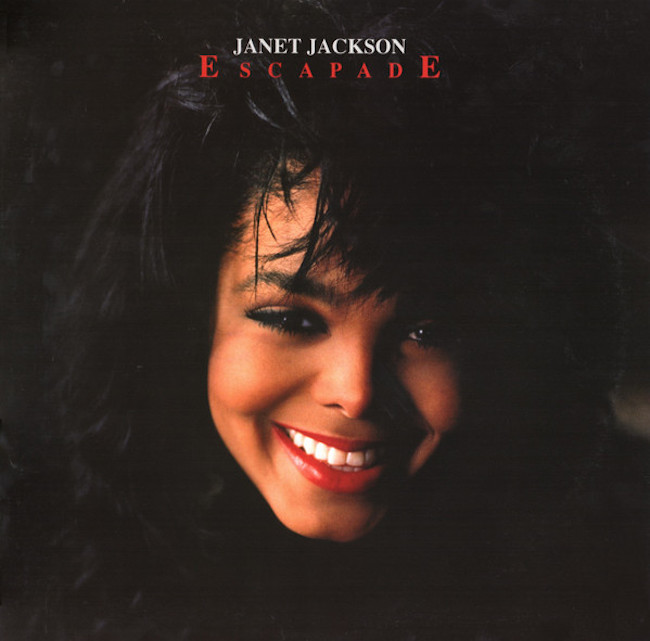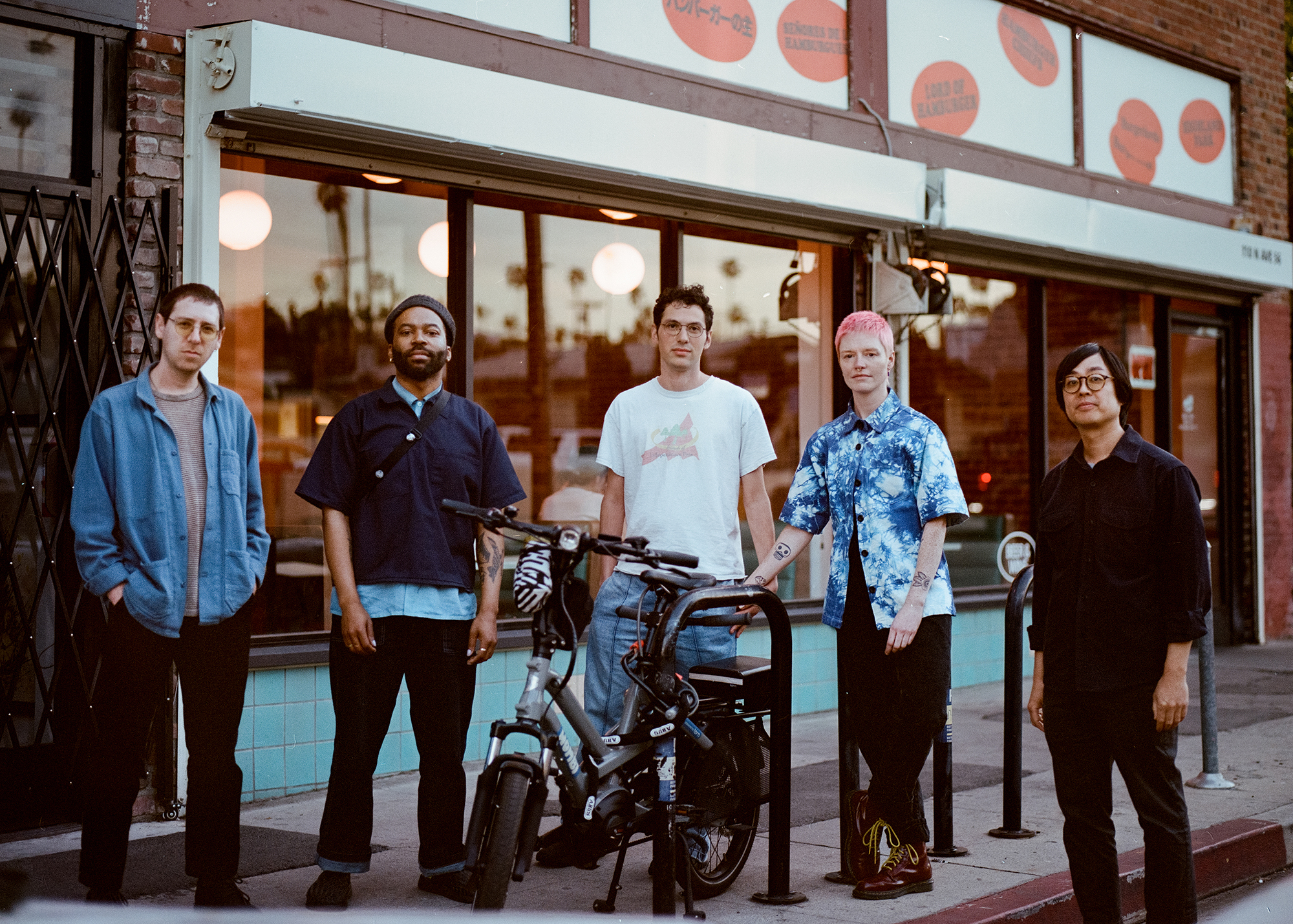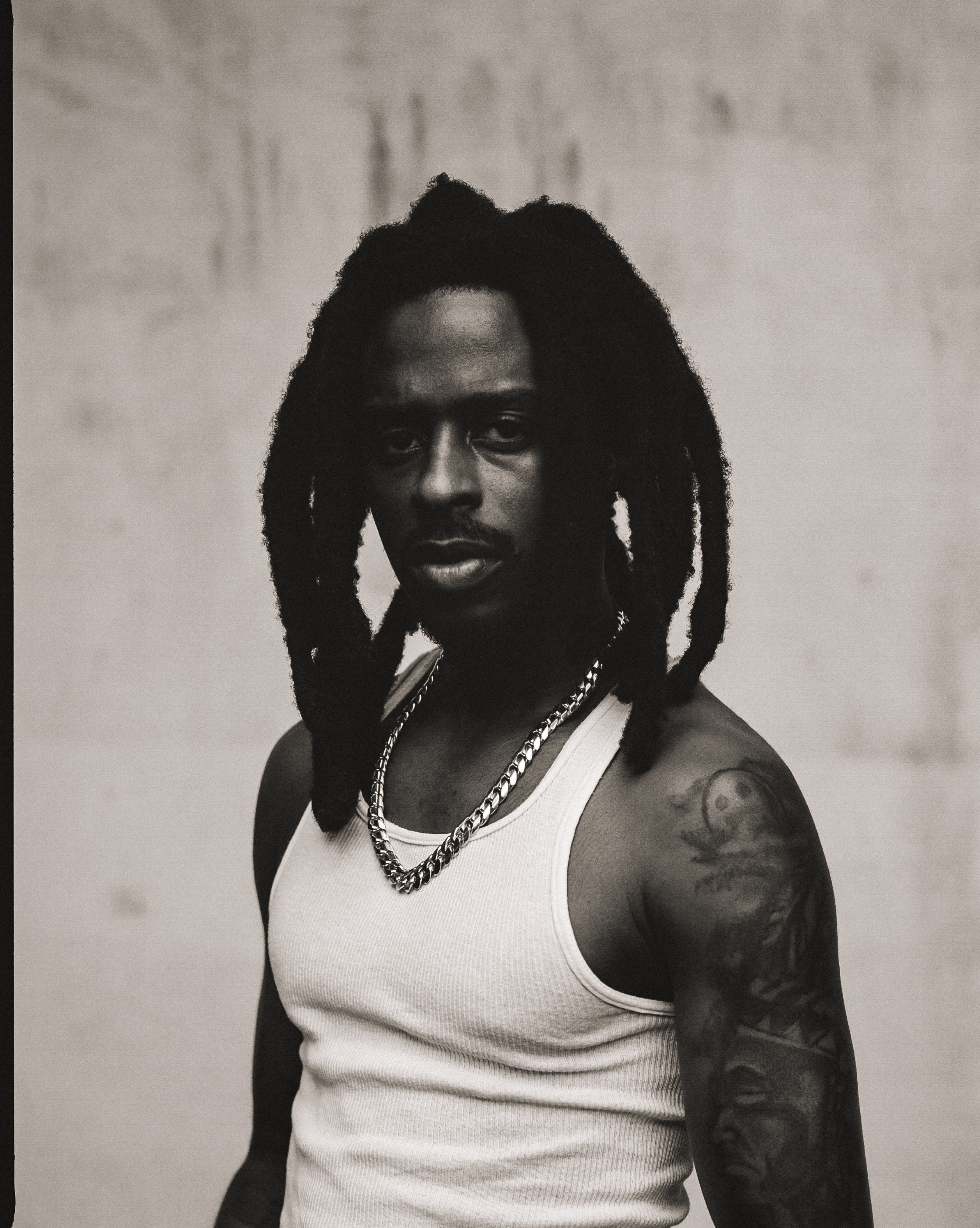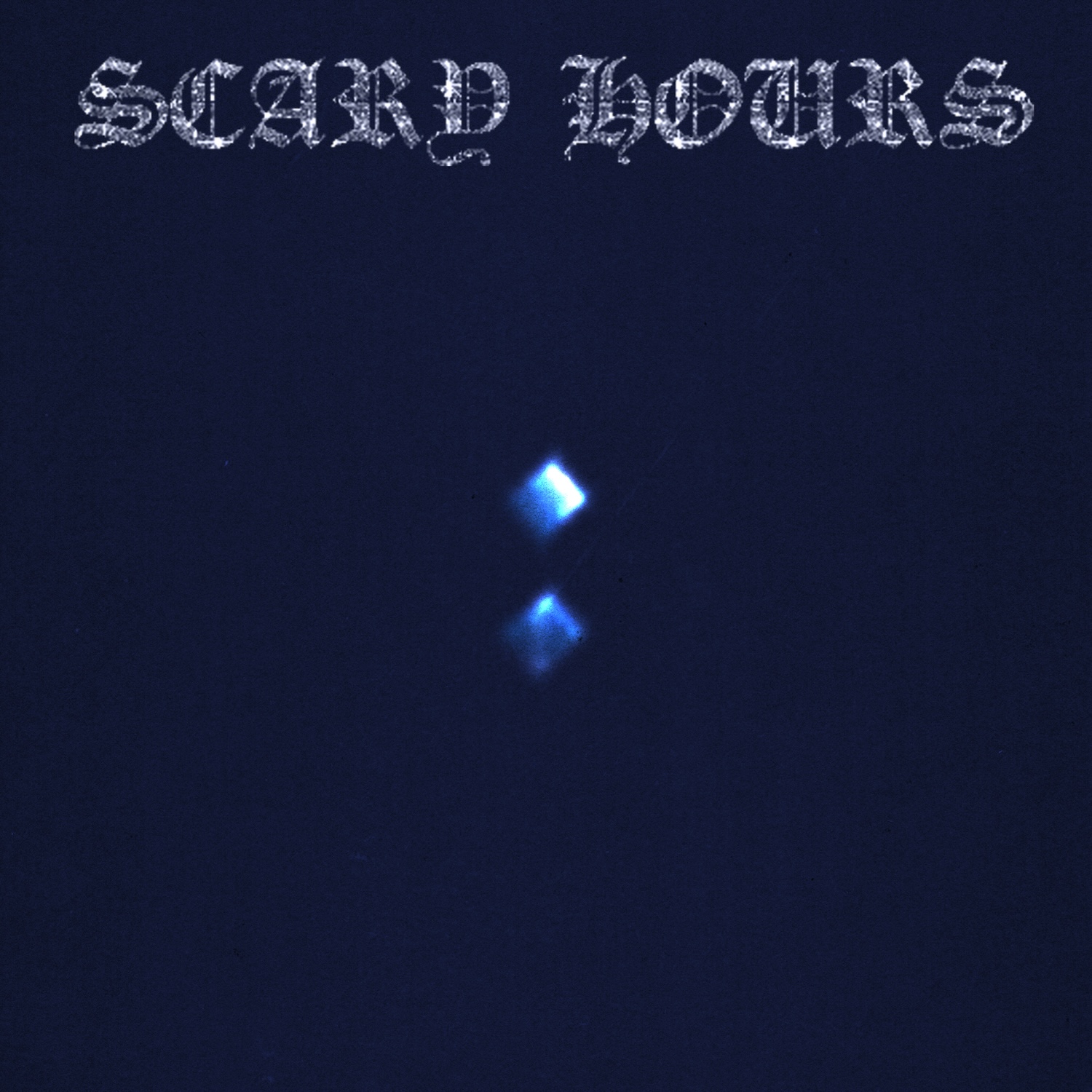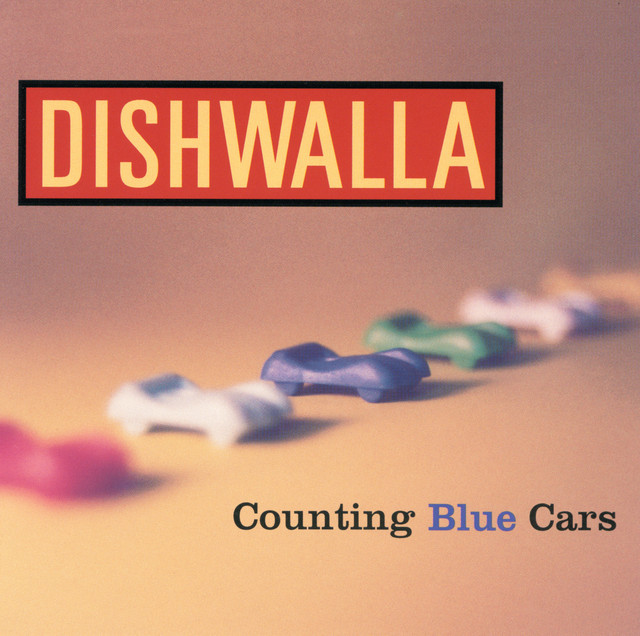March 3, 1990
- STAYED AT #1:3 Weeks
In The Number Ones, I'm reviewing every single #1 single in the history of the Billboard Hot 100, starting with the chart's beginning, in 1958, and working my way up into the present.
During one of the percussive synth-funk breakdowns on her single "Escapade," Janet Jackson shouts out a single word that carries a whole lot of weight: "Minneapolis!" Janet Jackson is not from Minneapolis. She was born in Gary, Indiana, and when her brothers in the Jackson 5 blew up, her whole family moved to Los Angeles. Janet was a toddler then, so LA was basically always her home. But the "Minneapolis" that Jackson calls out on "Escapade" isn't necessarily the actual city. That Minneapolis is a state of mind.
On his 1980 single "Uptown," Prince described his hometown and made it sound like a mythic utopia: "White, Black, Puerto Rican, everybody just a-freakin'." I've never been to Minneapolis, and I don't know if the actual city lives up to that loving homage. But in the years after "Uptown," Prince helped foster a whole world of music that exploded all sorts of lines and incited world-historical levels of freakin'. In the early months of the '90s, that Minneapolis sound still held sway on the charts. When "Escapade" hit #1, for instance, the song that it deposed was Paula Abdul's "Opposites Attract," a bubbly take on Minneapolis funk, written and produced by a guy a couple of degrees of separation removed from Prince. In that moment, everyone wanted a taste of that mythic Minneapolis.
I believe that Minneapolis of the mind is the place that Janet Jackson mentions on "Escapade." Jackson's Minneapolis has nothing to do with freezing weather or enormous malls. Instead, it's the Minneapolis of pop-funk legend -- a good place for an escapade.
Jackson's original idea for "Escapade" didn't have anything to do with Minneapolis. Instead, it had everything to do with Detroit -- or, more specifically, with Motown, the label that first made her brothers famous. Jackson wanted to record her own version of Martha And The Vandellas' Motown oldie "Nowhere To Run," which had been a hit in 1965, the year before Janet was born. (Back then, "Nowhere To Run" peaked at #8. It's a 9.) "Nowhere To Run" hadn't been a big part of Janet's upbringing. Instead, she'd fallen in love with "Nowhere To Run" when hearing it over the speakers at Laker games.
Jackson's regular collaborators Jimmy Jam and Terry Lewis talked her out of covering "Nowhere To Run." In Fred Bronson's Billboard Book Of Number 1 Hits, Jam says, "I suggested that instead of doing a remake of 'Nowhere To Run,' let's do something that has that kind of feel to it, but do our own song." Given how songwriting royalties work, this was probably a lucrative decision. Ultimately, "Escapade" doesn't sound much like "Nowhere To Run," beyond the simple fact that they're both dance songs about a certain sense of romantic abandon.
Jam and Lewis had a book of potential song titles, and they picked "Escapade" out of it, starting with the title and working from there. In the Bronson book, Jam says, "'Escapade' we thought was a cool word. It is kind of old fashioned. People don't say 'Let's go on an escapade' anymore, but it really worked with that track." The trio came up with the rest of the song quickly. Jackson wrote the lyrics, and Jam and Lewis programmed the drum machine. Then Jam played the synth-bass with one hand and the glimmering chords with the other. Jackson sang her vocal over that minimal backbeat, and then Jam and Lewis didn't do too much to flesh the song out.
In the Bronson book, Jam says that he and Terry Lewis decided to keep "Escapade" as raw as they could: "It's basically all drums. I don't even think there's a mix of the drums, I think all the drums are on one track. There's a keyboard bass and another thing, and that was it. All we added were the overdubs, little bells... because we'd gotten so used to the feel of the track, the mistakes and all, we ended up leaving it the way it was." I don't hear any mistakes on "Escapade," but maybe that immediacy is why the song has that exuberant sense of possibility working for it.
"Escapade" is an invitation, and it's one that nobody in their right mind would pass up. Jackson's "Escapade" narrator picks someone up during the song's first verse: "As I was walkin' by, saw you standing there with a smile/ Looking shy, you caught my eye/ Thought you'd want to hang for a while." It's Friday, and Jackson's been working hard all week. (I'm pretty sure Janet Jackson has never held a conventional job, but we're in the pop-music fantasy realm here, so just go with it.) She wants to unwind, so she suggests that she and this stranger could get away and save their problems for another day. They should go with her; they've got it made. She'd like to take them on an escapade. Sure! Great! Sign me up!
Pop-song ideas don't get much simpler than "Escapade," but simplicity is never a problem in pop music. Instead, it's all about the execution, and the execution of "Escapade" is beautiful. The central riff, with those music-box dings and those deliriously fake strings, hits like a serotonin rush, and that's before the monster drums even kick in. The rest of the track finds a dizzy, percolating groove, and it stays there. There are all sorts of lovely little touches on "Escapade" -- the gurgling synth-bass riffs, the cascading pre-chorus melodies, the buoyant backing vocals. Somewhere in there, Jam and Lewis even had New Edition's Johnny Gill add fingersnaps, though you can barely hear them. (Gill’s highest-charting single as a solo artist, 1990’s “Rub You The Right Way,” peaked at #3. It’s a 9.)
Janet Jackson finds just the right tone for "Escapade." She sings the whole song in a flirty whoop. You can hear her smile in just about every second of "Escapade." Her narrator isn't falling in love or anything. She's having fun, not taking anything too seriously. The person she's singing to might not even matter. What matters is the idea that anything could happen in the weekend ahead, that there's a grand adventure out there waiting for her. She's ready for it: "Let's go!" During this weird little stretch where I'm way too used to just watching bullshit on TV every night that I'm not working, "Escapade" feels weirdly inspiring. It's a nice reminder that there are still adventures out there to be had.
"Escapade" was the third single from Jackson's hugely successful Rhythm Nation 1814 album. She'd already hit #1 with "Miss You Much," and she'd followed that song with the sharp clatter of "Rhythm Nation," which peaked at #2. ("Rhythm Nation" is a 9.) In different ways, both "Miss You Much" and "Rhythm Nation" are statement-songs, introductions to Jackson's percussive and industrial-infused new sound. The whole visual presentation of those songs' videos was so sharp and memorable that it made the whole Rhythm Nation album seem like a bigger departure than it really was.
Rhythm Nation makes some nebulous points about making a better world, but it's mostly just a collection of expert pop songs. "Escapade" has all the sleek propulsion of the best Minneapolis funk, and it probably veers closer to prime Prince than most of Janet Jackson's other hits. But "Escapade" is also a crushed-out party song, and there's never anything too futuristic about that. In a different world, "Escapade" could've been the album's first single. It might've even been the conventional-wisdom choice. But the Rhythm Nation rollout was smart and deliberate. After Jackson made her big splash with those first two singles, her frisky dance songs hit that much harder.
I wish "Escapade" had a better video. Jackson shot the clip on the Universal Studios backlot, and it's full of tribal imagery that's supposed to evoke Carnival or Mardi Gras. It's always fun to see Jackson smiling and dancing, but she didn't have to surround herself with grinning Hollywood stereotypes to sell the song. She could've just gone to Minneapolis. Or she could've shot at an airport, as she did when "Escapade" soundtracked her Japanese airline commercial.
The "Escapade" video hasn't lingered in the cultural imagination the way the "Rhythm Nation" clip has, and that's probably done "Escapade" a disservice. "Escapade" is an absolute banger. It's got hooks stacked on top of hooks, and its breezy joy has never dissipated. Janet Jackson had plenty more hits left to go, and she'll be in this column again before long.
GRADE: 9/10
BONUS BEATS: On the 2010 compilation We Are Young Money, Lil Wayne showcased all the members of his Young Money crew. (Some of the members of that crew, including Wayne himself, will eventually appear in this column.) The only song on the compilation that didn't feature Wayne himself was "Girl I Got You," the showcase for his baby proteges Lil Twist and Lil Chuckee. That song is built on a sped-up "Escapade" sample. Here's the "Girl I Got You" video:
(Lil Twist's highest-charting single, the 2010 Lil Wayne collab "The Leak," peaked at #77. As a group, Young Money's highest-charting single is 2009's "BedRock," but Twist and Chuckee don't rap on that one. "BedRock" peaked at #2. It's a 7.)
THE 10S: The B-52's' heart-bursting wanderlust anthem "Roam" -- a song that, come to think of it, has pretty much the same message as "Escapade" -- peaked at #3 behind "Escapade." It flies the great big sky, sees the great big sea, kicks through continents, and busts boundaries. It's a 10.
Also, if you've been reading this column for long enough, you knew this moment was coming. The late Biz Markie's howling, atonal, big-hearted tragicomic singalong yawp "Just A Friend" peaked at #9 behind "Escapade." It's got what I need, and it's a 10.
